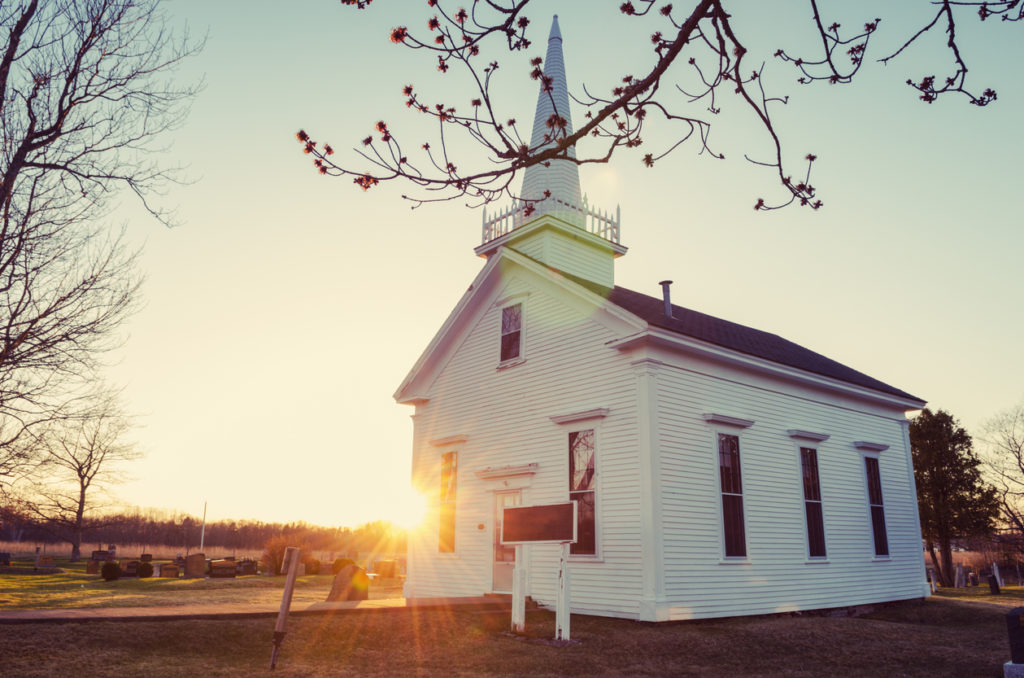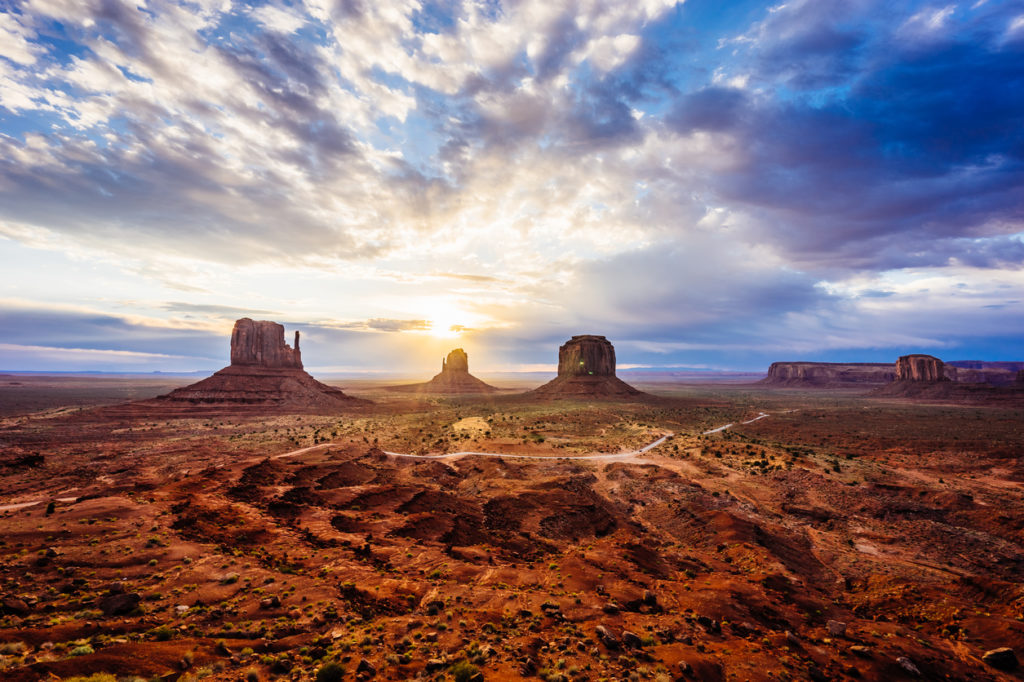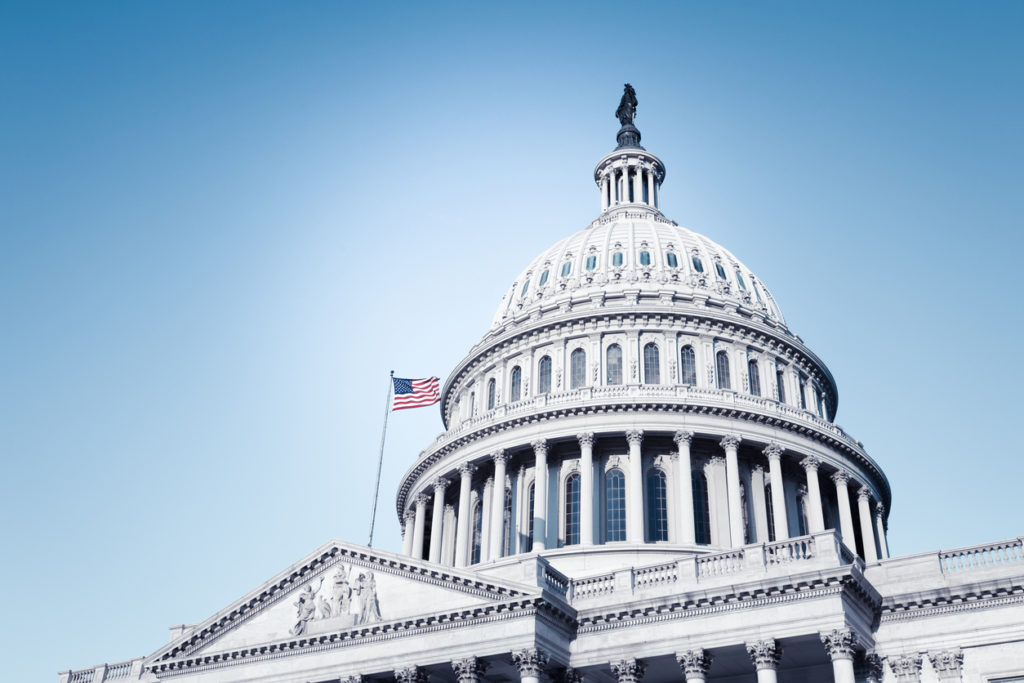Cases like the death of Philando Castile are bringing deep and difficult questions about race and justice to the surface of our social discourse. Amid heightened racial tensions and division, how can the church respond? What can believers do to promote true peace among all men?
Jemar Tisby, president of the Reformed African American Network, says the first step we can all take is developing real relationships with people of different backgrounds than your own.
“These are extremely tense times; I think, in a sense, even more racially tense times than we’ve typically experienced. I think a lot of it has to do with relationships. Most of the people I know who are in the racial majority really didn’t start to empathize with people of color until they had close relationships with them. That’s sort of intuitive.”
“The problem is if you’re in the racial majority, it’s actually really hard for you to develop those relationships because you don’t live near people who are in a racial or ethnic minority which means that you have to go out of your way to actually interact with people of color.”
“It’s going to feel artificial, it‘s going to feel cheesy, it’s going to feel awkward, but you don’t have any other way. Basically, you’ve got to go back to your elementary school days and say ‘Hey, can I be your friend?'”
Tisby says opportunities for developing diverse relationships are probably closer than you think.
“Have you reached out to folks in your congregation to have lunch or coffee, or just a conversation? Your neighbors — all of us are sort of skittish about meeting our neighbors in this day and age, but go ahead and give it a shot. Have a neighborhood cookout, so it’s not this intense one-on-one thing.”
“We have to go out of our way to build those relationships because, a lot of times, they won’t simply happen on their own.”
Discussion of racial reconciliation often involves broad, systemic change, that’s hard to effect at an individual level. However, we can all focus on the nearer opportunities in our own lives.
“Because of the information age and internet, our circle of concern is global. We’re hearing about incidents happening all over the country and all over the world: the reality is we can’t do much about most of those things. But we do have a circle of influence within our own communities, our own churches, our own cities. So how can you use that knowledge to make an impact on the local level?”
Pursuing unity in our diversity will require all of us to be willing to leave our comfort zones.
“We’re sort of used to people coming to where we are, when in reality I think if we want to move the needle on racial reconciliation, especially in the church, we have to get more bold about going where other people are.”
“That requires a degree of humility, and a degree of courage, but that’s what racial reconciliation takes.”
Jemar Tisby is a PhD student in History and a former school teacher and principal. He writes and speaks about race, religion, and culture as president of the Reformed African American Network and co-host of the “Pass The Mic” podcast. Follow him on Twitter @JemarTisby.
Reconciliation takes relationship





















